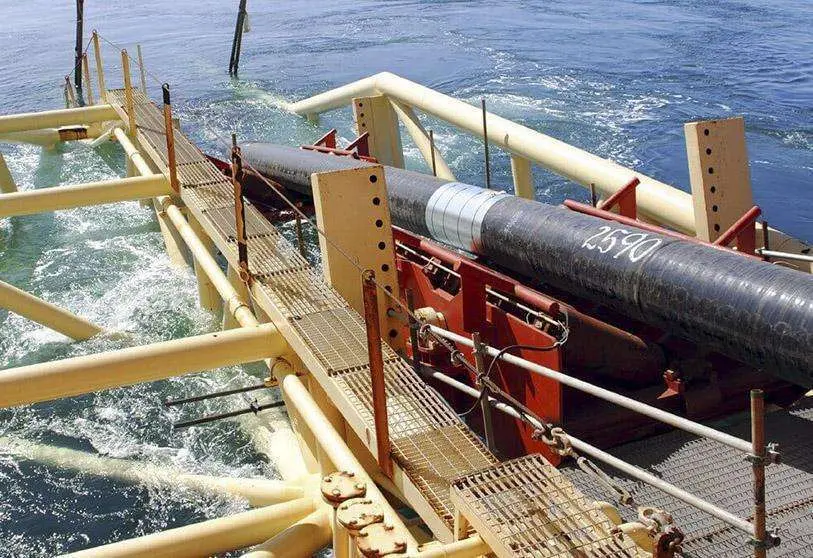France worried about Commonwealth expansion in Africa: Francophonie and Franco-Maghrebi ties at risk

International geopolitics is changing rapidly. There is an acceleration of global change driven by the energy crisis, the war in Ukraine and the loss of the dollar's preponderance in the economy and global trade transactions. At the same time, the policy of multi-national agreements and alliances is expanding and diversifying. The bipolar "Cold War" has been succeeded by a multipolarity centred on large blocs on the move, which have yet to consolidate and achieve the balance of power that is essential for world peace and détente.
In this context, the French government is following the expansion of the Commonwealth on the African continent with great concern. The 56 member states of the conglomerate inherited from the British colonial empire traditionally include 19 African countries. A week ago, on 25 June, Togo and Gabon decided to join the Commonwealth. Both were until then two important pillars of the Francophonie and of the old French colonial empire in Africa.
Analysts and observers of the evolution of African geopolitics are not unaware that this entry of two active members of the Francophonie into the British neo-empire is not unrelated to the Nigeria-Morocco gas pipeline project, which would extend through the Strait of Gibraltar to Europe. The giant pipeline, which originates in Nigeria, an active member of the Commonwealth, could be linked to the south with Gabon, which possesses significant quantities of gas and does not export or exploit it, being forced to reinject 90% of it underground. The Nigeria-Gabon link would also tap Cameroon, also a Commonwealth member, to export its surplus gas and electricity.
Several African countries that will benefit from the Nigeria-Morocco pipeline, such as Benin, Côte d'Ivoire, Guinea, Senegal and Mauritania, could follow in the footsteps of Togo and Gabon, fears French diplomacy. Ties between the Kingdom of Morocco and the UK are becoming stronger and more diversified. Major British energy companies have contracts with Morocco, and the project to build a submarine cable linking the green energy wind-solar park in southern Morocco with Britain is already underway, with the 3,700-kilometre-long cable being manufactured by the XLCC company in Hunterston, Scotland. For its part, the start-up Xlinks is preparing to build a 10 Gigawatt solar power plant in southern Morocco to supply the British market. The Moroccan kingdom, which is not yet a member of the Commonwealth - it could join in the medium term - favours the expansion of the British neo-empire on the African continent.
France is therefore extremely worried. In the absence of a major African integration project, and after the failure of its armed intervention in Mali, French diplomacy is beginning to feel orphaned. The Maghreb countries, traditionally allied to the former colonial metropolis, and French-speaking even without belonging to the organisation, as in the case of Algeria, are redirecting their diplomacy and external action in London's direction. Egypt, a former member of British colonial rule, has just received the British minister in charge of the Maghreb and the Commonwealth in Cairo on a visit aimed at 'strengthening bilateral cooperation'. On the same tour, British minister Tarik Ahmad visited Tunis and Algiers, where he met with Foreign Ministers.
Many wonder whether Spain will be able to keep up with the reorganisation of world geopolitics, which is not only the war in Ukraine but also the modification of our immediate strategic environment, and grasp the changes underway. For the moment, the new Andalusian government has launched a tripartite plan, Andalusia-Morocco-Senegal, to promote the energy transition in the West African country. The Moroccan agency AMEE, the Senegalese agency ANER and the Andalusian government have signed a tripartite convention in the energy sector.
Senegal has the largest solar and wind farms in West Africa, which, combined with the generation of electricity produced by various hydroelectric dams, make up an energy mix of the first magnitude.



